Spark Plugs
results
Featured Brands
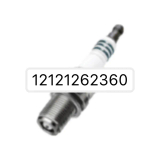
No photo
12121262360
NML.TˇNDSTIFTW8D
BMW
€1.50
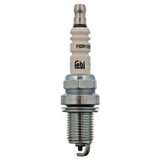
No photo
13427
Spark Plug
Febi
€1.50
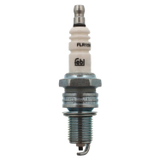
No photo
13459
Spark Plug
Febi
€1.58
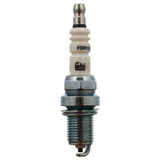
No photo
13421
Spark Plug
Febi
€1.61
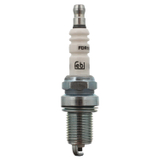
No photo
13418
Spark Plug
Febi
€1.68
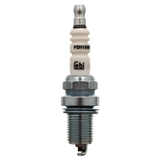
No photo
13432
Spark Plug
Febi
€1.68
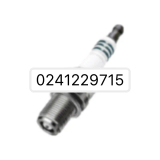
No photo
0241229715
Spark Plug
Bosch
€1.92
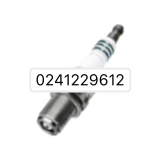
No photo
0241229612
Spark Plug
Bosch
€2.02
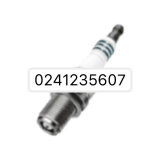
No photo
0241235607
Spark Plug
Bosch
€2.05
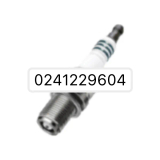
No photo
0241229604
Spark Plug
Bosch
€2.08
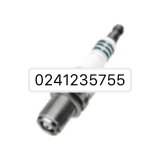
No photo
0241235755
Spark Plug
Bosch
€2.09
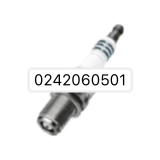
No photo
0242060501
Suppressed Spark Plug
Bosch
€2.17
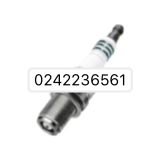
No photo
0242236561
Suppressed Spark Plug
Bosch
€2.19
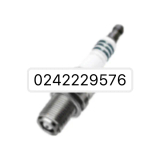
No photo
0242229576
Suppressed Spark Plug
Bosch
€2.27
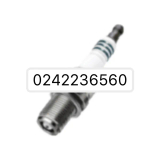
No photo
0242236560
Suppressed Spark Plug
Bosch
€2.31
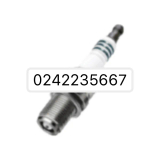
No photo
0242235667
Suppressed Spark Plug
Bosch
€2.33
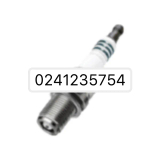
No photo
0241235754
Spark Plug
Bosch
€2.34
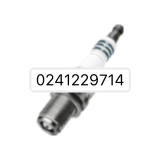
No photo
0241229714
Spark Plug
Bosch
€2.39
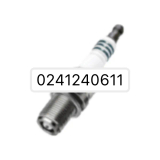
No photo
0241240611
Spark Plug
Bosch
€2.43
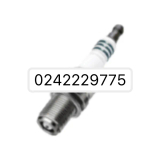
No photo
0242229775
Suppressed Spark Plug
Bosch
€2.52
Buy car parts from the most popular car brands
Spark Plugs
Spark plugs deliver the high-voltage spark necessary to ignite the air-fuel mixture within an internal combustion engine’s cylinders. These components are used in gasoline, alcohol, and some diesel engines featuring spark ignition. Key features include electrode material (typically nickel, platinum, or iridium), heat range, and thread size, all selected to optimize combustion efficiency and longevity under specific engine conditions. Plug design variations include J-type, tapered-reach, and projected-tip to accommodate varying combustion chamber geometries. Modern spark plugs often incorporate ribbed insulators for improved dielectric strength and flame propagation. Proper gap specification is critical for reliable engine performance and is determined by engine manufacturer guidelines.
Have a question?
Send us a message on WhatsApp
